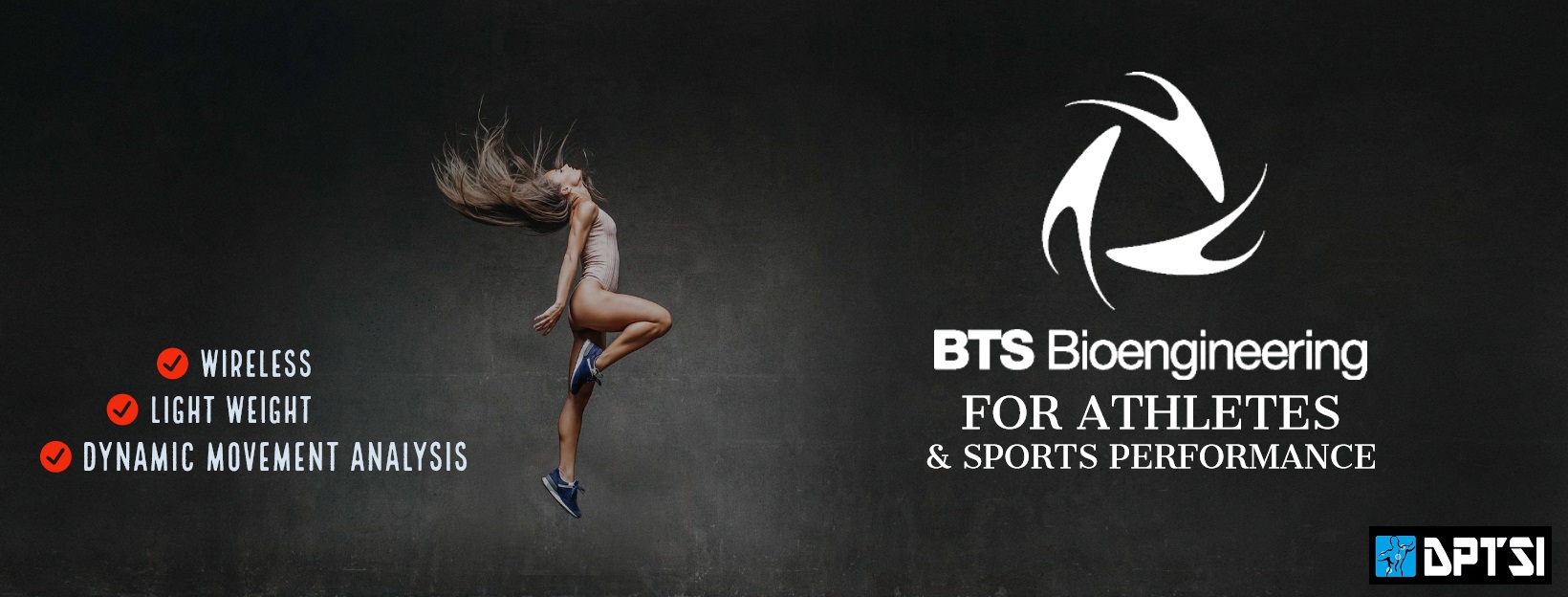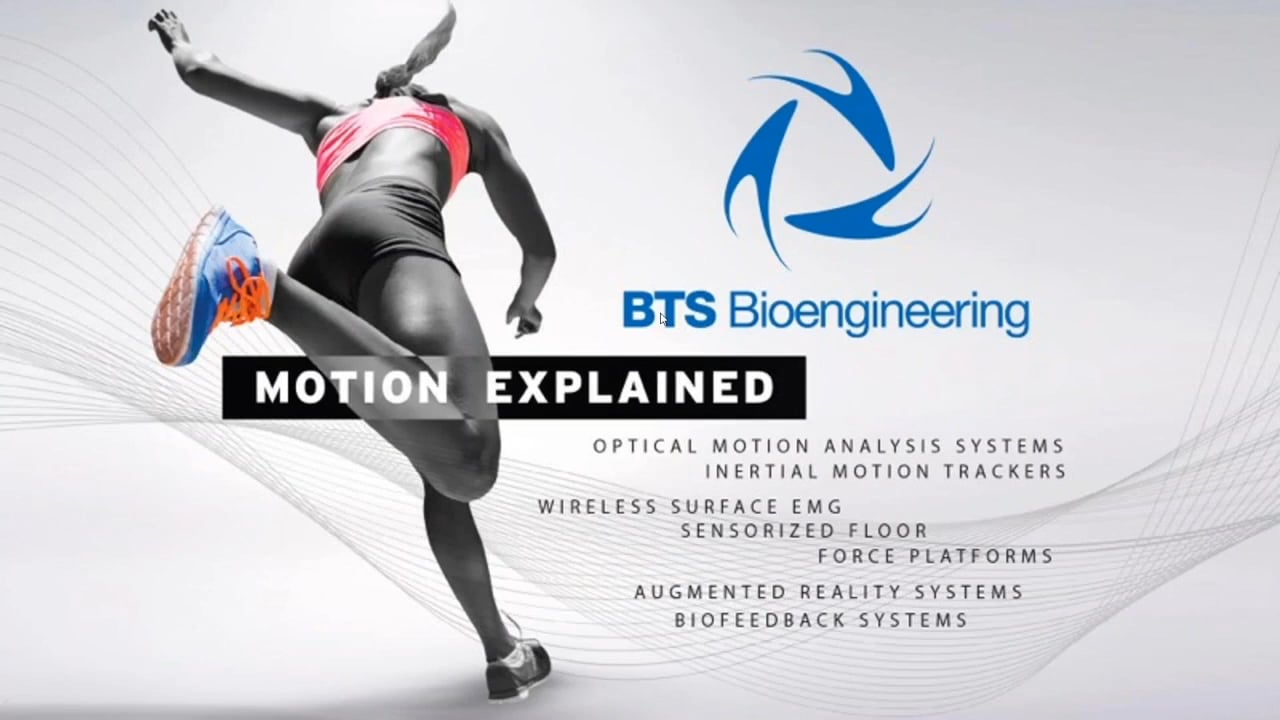


Electromyography device with wireless probes for the dynamic analysis of muscle activity.
FREEEMG is a 4G technology device for surface EMG analysis. Signal accuracy, absence of wires, lightness and reduced size of the probes are the features which enable us to perform analyses of any type of movement, for each body part, without altering in any way the motor gesture of the analyzed subject.


Excellent Performance
Thanks to our wireless miniaturized probes even the weakest signals will be detected and accurately captured. The system communicates with a PC through the supplied USB receivers and can manage up to 20 probes simultaneously.
Each probe is equipped with internal memory to ensure uninterrupted recording in case of temporary connection loss and to allow for acquisitions in wide spaces and open fields.
More than 500 centers worldwide use our EMG device for the evaluation of:
- • Orthopedic and neurological disorders
- • Pharmacological treatments
- • Evolution of motor deficits
- • Use of orthotics
- • Rehabilitation follow-up
- • Athletic task optimization
Freewalk
Drop
The protocol assesses the proper knee stabilization before an impact allowing Anterior Cruciate Ligament (ACL) injury prevention or recovery evaluation after ACL surgery.
Flex Relaxation
The protocol allows the evaluation of the flexion-relaxation phenomenon (FRP) of the lumbar paraspinal muscles during a flexion-extension movement of the trunk. The absence of paraspinal muscles’ relaxation, while the subject is holding the flexed position, could indicate a muscular overload and lead to low back pain and postural problems.
Functional Bike
The protocol allows the evaluation of muscle activity during the pedalling cycle. The test can be performed during rehabilitation exercises performed on a cycle ergometer, or to monitor how the muscle behaviour changes as the athlete’s position on the bike is adjusted.
Functional Run
The protocol allows the evaluation of the motion strategy used by the subject in terms of muscle coordination during running. The protocol may highlight the presence of functional asymmetries and compensatory mechanisms.

Practical & Effective
For signal acquisition, the probes are directly hooked to the pre-gelled electrodes, with no need of additional fastening: subject preparation has never been so quick.
The software elaborates the collected information and generates graphical results allowing for immediate comparison to normal classes.
A large variety of predefined analysis protocols allow for assessment of muscle activity during specific exercises.






